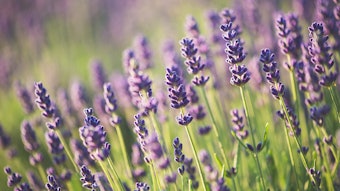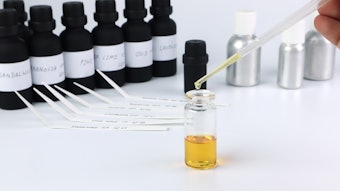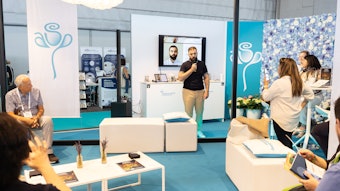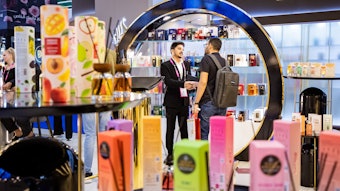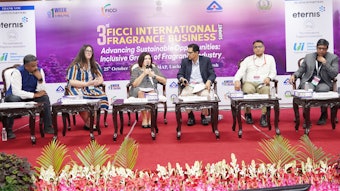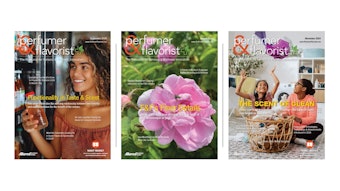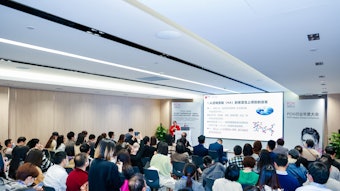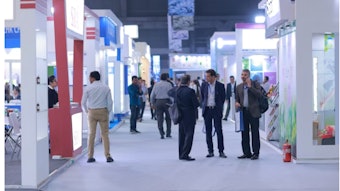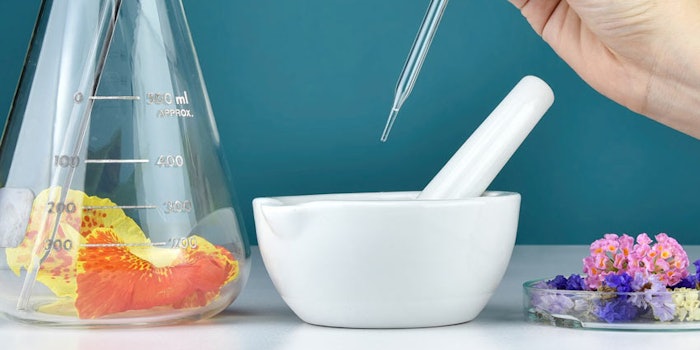
The Research Institute of Fragrance Materials' (RIFM) 52nd annual meeting was held at The Chart House in Weehawken, New Jersey on September 27, 2018. In his president’s address, Jim Romine updated members of the organization’s latest initiatives: developing alternatives to animal testing and a streamlined safety assessment for dermal and respiratory sensitization; as well as expanding RIFM membership and securing international partnerships to strengthen safety assessment standardization.
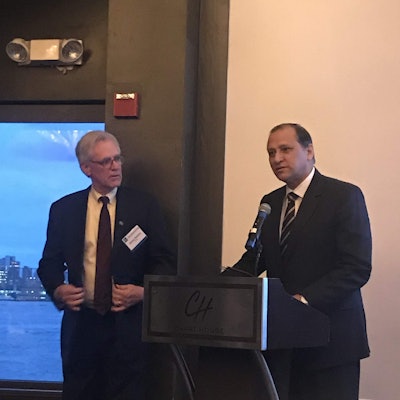
RIFM is expecting to allot its budget towards establishing safety testing methodologies for natural complex substances (NCS) and low exposure materials over the next several years, as there are currently no protocols in place. Out of the 900 NCS identified, 470 have been submitted, and approximately 349 have been approved. Samples are submitted by academics, trade associations and companies for review.
Additionally, RIFM added seven new scientists and specialists to strengthen its efforts towards safety and environmental health. The meeting also featured poster presentations by RIFM scientists and researchers. Topics included fragrance evaluations on skin sensitization, phototoxicity, toxicology, biotransformation and genotoxicity.
Internally, RIFM is seeing a few changes to the board and executive committee: 16 new members from the fragrance, ingredient and brand sectors were added. The board also announced the retirement and leave of several executive committee members: RIFM chairman, Michael Carlos, retired from his role; as well as Steve Mannheimer, Kerry, who has been on the board since 1984, known for his passionate defense of naturals; George Daher, SC Johnson, who served for the last decade who brought in knowledge from the consumer level; and Christian Seufert, BASF, who dedicated his time and knowledge for the last 18 months.
Standardizing Safety
RIFM’s featured speaker, Professor Alok Dhawan, Ph.D., CSIR-Indian Institute of Toxicology Research Lucknow (CSIR-IITR), discussed safety and standardization of fragrance materials in India. By 2024, the natural fragrance ingredient market is expected to reach $5.3 billion, where India will hold about 40% of the global market with a projected growth of approximately 12% in those five years.
Similar to RIFM, the 52-year-old organization assesses safety in essential oils focusing on genotoxicity, environmental toxicity, phototoxicity, reproductive toxicity, respiratory toxicity, sensitization and repeat dose toxicity.
Additionally, both Dhawan and Romine announced the partnership between CSIR-IITR and RIFM to further strengthen strategic safety assessments for fragrance materials. “Science is universal, it’s not geographically bound,” Romine said of the partnership.

